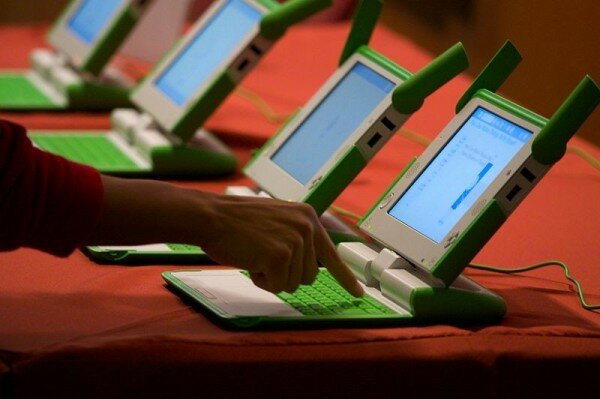
CC image coutersy of Marcin Wichary
The Kenyan Ministry of Education, Science and Technology has invited fresh tenders from eligible bidders for the supply and commissioning of free laptops for class one pupils in Kenya.
This request comes three months after the government first advertised the international competitive bidding (ICB) in August, which was cancelled following “astronomical” figures being quoted by various bidders.
Jacob Kaimenyi, cabinet secretary for education, said out of the companies that presented their bids, three met the technical specifications, but the quoted figures were too high.
“The lowest bidder quoted a price of KSh32 billion (US$376 million) against an anticipated budget of KSh12 billion (US$141 million), creating a deficit of KSh20 billion (US$235 million),” said Kaimenyi.
“We therefore found it prudent to terminate the tender. It does not give us the value for our money.”
In the fresh tender advertisement in Kenya’s newspapers, the head of supply chains management services in the ministry said bids must be delivered to ministry headquarters by Thursday, November 14, 2013, and must be accompanied by a bid of KSh50 million (US$587,000) for the laptops.
The tender also seeks bidders for the provision of printers and projectors where the ministry says bidders are allowed to bid for one or more lots and must quote for all items in each lot.
The advertisement says only original equipment manufacturers (OEM) are eligible to bid.
HumanIPO reported last week that, following the tender process cancellation, the laptop programme rollout will be pushed to the end of the first quarter of 2014, with the cabinet secretary describing the process as a “nightmare” given the logistical challenges.
“There will be tender hiccups but you don’t run away from it,” Kaimenyi said. “We will overcome these challenges and do our best to try and deliver gadgets in the first quarter of the year.”
Speaking in Rwanda on Tuesday at the Transform Africa Summit, Kenya’s President Uhuru Kenyatta said ICT is no longer a luxury, but a powerful tool that will help address most of the problems facing Kenya and Africa.
“We are introducing laptops to our children because we want them to begin, right from their basic education, to know that this is one of the greatest tools that have the power to significantly improve life,” he said.

















